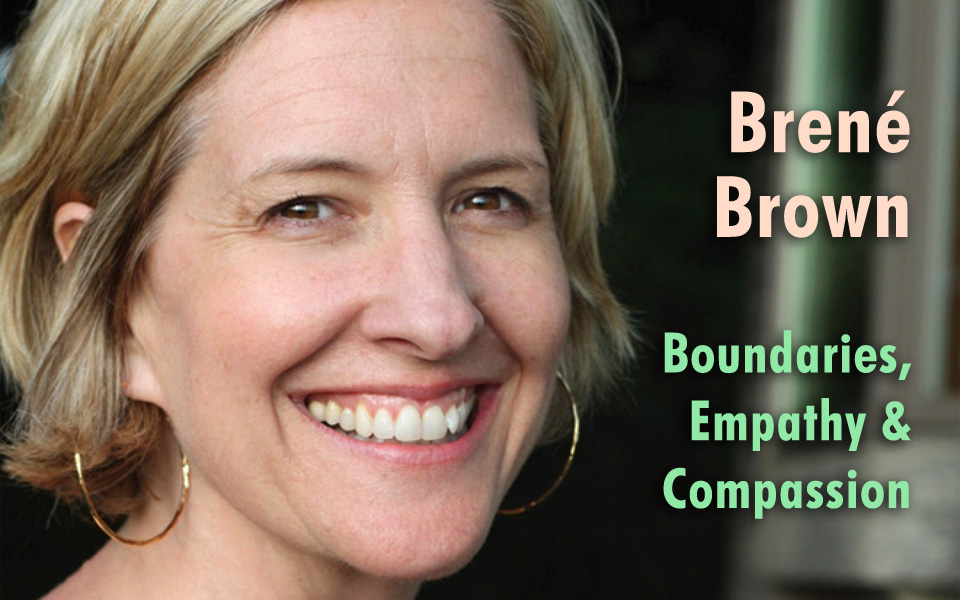Video Intro
I love this short video clip. I am often talking to my clients about the importance of creating and maintaining healthy boundaries. Unfortunately, most people don’t have a clear sense of what boundaries are or why they’re so important. Once they get it, it becomes really clear how holding healthy boundaries affects their happiness.
Boundaries
Our boundaries define us as unique autonomous sentient beings—THIS IS YOU, THIS IS ME! We are the only ones who can determine what is and isn’t okay for us, and when we allow others to violate those boundaries we get mad at them but actually mad at ourselves for allowing it.
I often use this analogy—I invite you over to my house to help me move my sofa. You agree, but once you get there we start talking, and before you know it you have a paintbrush in your hand and you’re repainting my entire house. We agreed upon an initial boundary—moving the couch—which involved a specific amount of your time and energy, and you were okay with that. But then I somehow manipulated that boundary to take advantage of your service. Sometimes this happens completely unconsciously, other times it’s by design. Either way, if I succeed, but you were not okay with that new arrangement, you will be angry with both of us. In most cases you find yourself aggravated long afterward, not even connecting where that came from. You may end up taking it out on the unsuspecting person who has the extreme misfortune of being at hand when it bubbles to the surface (usually your spouse or children). This happens to all of us in big and small ways in all our interactions with people on a daily basis.
4 Types of Boundaries
We have FOUR main types of boundaries:
- Physical – We are in complete dominion of our bodies, which includes deciding what we want to do with our bodies: where we want to go, and who we’d like to include in that. Additionally, this includes what kind of touch is and isn’t okay, from whom, and where that is appropriate. We are always the only ones who get to decide this!
- Mental & Emotional – Our thoughts and feelings are likewise our to control at all times, on any given subject, and in every situation. The outside world is constantly trying to manipulate our thoughts and feelings. It is at the heart of all advertising and entertainment.
- Spiritual – Finally, our beliefs, belief systems, and the framework through which we perceive reality, as well as the principles we live by are ours alone to determine.
Additionally, and more abstractly, we have Time Boundaries, which are how we spend our time, with whom, and doing what — illustrated by my little example above.
Lastly, it’s vitally important to mention Sexual Boundaries. Violations of sexual boundaries are often some combination of one or more of all of these. Sexual boundary violations can be the most traumatizing of all because they include manipulation on multiple levels, but also because they are often forced vs. consensual breaches.
Boundary Violations
Whenever another person tries to impose their authority over us, to manipulate, cajole or guilt us—or on the other hand, we think we know better how others should think, feel, act or believe we are in the territory of boundary violations. Remember—THIS IS YOU, THIS IS ME!
CONSENSUAL – Most of what I described so far are consensual boundary violations, which in many cases are subconscious on the part of one or both parties. In these, we agree to allow our boundaries to be violated, if only by our inactions to object, argue, or leave.
NONCONENSUAL – It is VITALLY important to note that there are nonconsensual or forced boundary violations that, although less common, are often FAR more painful and traumatizing, such as physical, emotional, or sexual assault. Here, all choice is removed from the equation.
I say these are less common only because, whether we are aware of it or not, we are navigating conscious and unconscious consentual boundaries on a minute-by-minute, day-by-day basis in every interaction we have with others.
Our parents or caregivers often violate these boundaries in our formative years to keep us safe. The struggle of adolescence is about wrestling for our autonomy and control over our boundaries as we begin the lifelong process of figuring out who we are, what we want and don’t want, and taking responsibility for the consequences of our actions.
Having healthy boundaries starts with 1) getting clear about what we think, how we feel, and what we want to have happen—easier said than done; 2) then stating our desires plainly and honestly to another; 3) listening to where they stand; 4) consciously negotiating an agreed-upon action. Hope that’s helpful!
For more information from Brené Brown visit brenebrown.com.
Disclaimer:
The information featured on this site is provided for information and education purposes only and is not intended to replace the advice of your doctor or health care provider on medical and/or health-related issues.
You should not use the information on this site for diagnosis or treatment of any health problem or as a substitute for medication or other treatment prescribed by your physician or health care provider.

